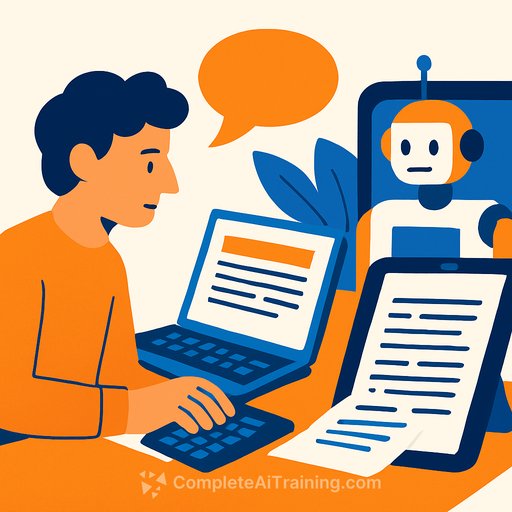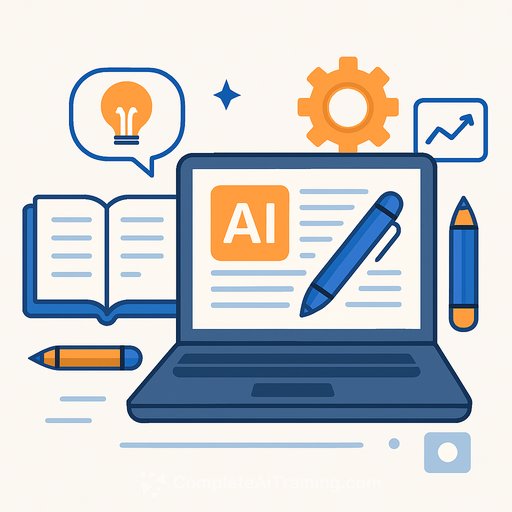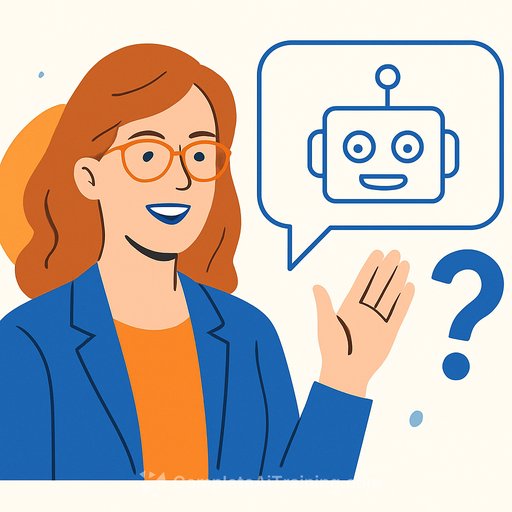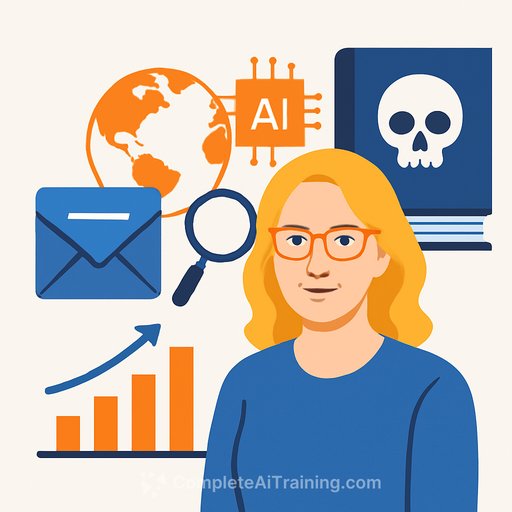Soundness, Intensity, and the Choice to Resist: Writing with Agency in the Age of AI
At a recent Generation AI forum, creatives gathered to discuss a pressing question: How do we work with AI without losing what makes us human? One question stood out—should creatives resist AI? It’s a familiar question, but hearing it posed directly to working writers made it feel urgent.
The answer isn’t a simple yes or no. Resistance is necessary, but not in the way you might expect. Ignoring AI is no longer practical. It’s already part of our toolkit. For professional writers juggling deadlines, research, and proposals, completely avoiding AI isn’t realistic. But surrendering isn’t the solution either.
Resistance can take the form of “pockets of resistance.” These are the moments in your process where you set boundaries. Maybe it means not using AI for personal writing. Maybe it means always rewriting AI-generated text so it sounds like you—not like a generic model built on scraped content. Sometimes, it’s about staying aware, asking better questions, or teaching others to use AI critically. Resistance here isn’t rejection—it’s agency.
What Makes Writing “Real”?
Earlier at the forum, an educator shared how he evaluates student work when AI can generate polished writing on demand. He looks for three qualities: soundness, intensity, and authenticity. This simple framework works beyond grading—it’s a useful lens for anyone writing today.
Soundness
Soundness is straightforward. It means the argument or message holds together. It’s coherent, structured, and doesn’t just sound good on the surface. Using AI for phrasing is fine, but the thinking—the core ideas—must come from you. If you don’t know what you want to say, don’t start.
Intensity
Intensity is tougher to measure. Ask yourself: Did this piece move me? Did it challenge my thinking or linger in my mind? If not, it probably lacks depth. Writing with intensity means relying on emotional truth—the exact words that capture what you feel. AI can help sharpen what’s there but can’t replace that emotional core.
Authenticity
Authenticity comes from lived experience. It’s found in details only you can provide, the unique voice that makes a piece yours. AI-generated content often feels neat and plausible but hollow. Authentic writing carries voice and self; it doesn’t just fill space.
Staying Human
Another panelist said something worth remembering: “AI can never be human. Only humans can think and feel.” The outputs may be fast and impressive, but they lack true humanity. The real risk isn’t AI taking over creativity—it’s us failing to notice when it already has.
Writing with care, reflection, and clear limits matters more than ever. AI can assist with structure, pacing, and overcoming writer’s block. But depth, emotion, and presence? Those still come from us.
Resistance today means awareness. It means making space for your own words and meaning. It means teaching others not just how to use AI tools, but how to stay grounded while doing so.
Ask yourself: What does resistance look like for you as a writer? What parts of your process are you protecting—and why?
For writers looking to understand how to work alongside AI effectively, resources like Complete AI Training’s job-specific courses provide practical guidance on integrating AI tools while maintaining your unique voice.
Your membership also unlocks:






